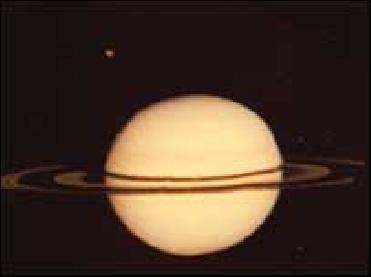
NEW DELHI (PTI): An eye-catching spectacle greeted star gazers when Jovian planet Saturn shone like a bright golden object in the night sky theatre on Monday.
The ring planet was the biggest and brightest for the whole year at its opposition thus providing a great observing opportunity.
An object is at opposition when the Sun is on one side of the Earth and the object is directly on the opposite side, Director of Science Popularisation Association of Communicators and Educators (SPACE) C B Devgun told PTI.
Opposition is the best time to observe the planet as it is visible all night long (rising at sunset and setting at sunrise), and at this particular geometry it is closest to the earth so it appears bigger in size and brighter, he added.
Saturn, named after the Roman god Saturn, was seen as disc-like on the eastern horizon close to Virgo soon after the sunset from 6:30 pm.
The planet was visible to the naked eyes night long. While, with a telescope or binoculars, the ring planet, Saturn appeared as a yellowish spot with rings.
Saturn oppositions occur every one year and two weeks (378.1 days), or 29 times in every 30 years. The last opposition of Saturn was on March 9, 2009, and the next one will appear on April 4, 2011.
While, with a telescope or binoculars, the ring planet, Saturn appeared as a yellowish spot with rings.
Saturn oppositions occur every one year and two weeks (378.1 days), or 29 times in every 30 years. The last opposition of Saturn was on March 9, 2009, and the next one will appear on April 4, 2011.
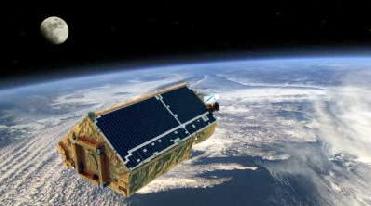 Previous Article
Previous Article
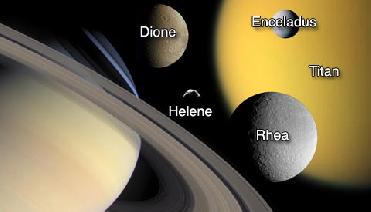
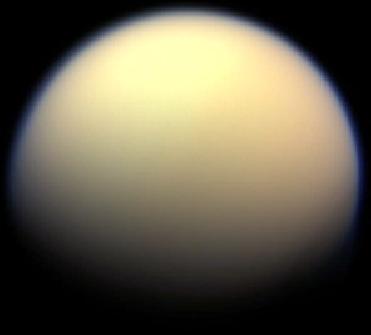
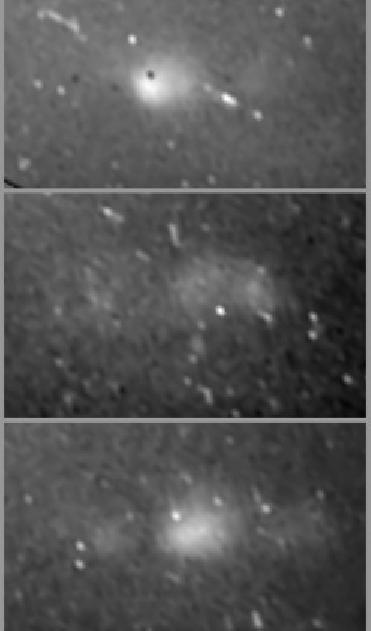










The Indian Air Force, in its flight trials evaluation report submitted before the Defence Ministry l..
view articleAn insight into the Medium Multi-Role Combat Aircraft competition...
view articleSky enthusiasts can now spot the International Space Station (ISS) commanded by Indian-American astr..
view article